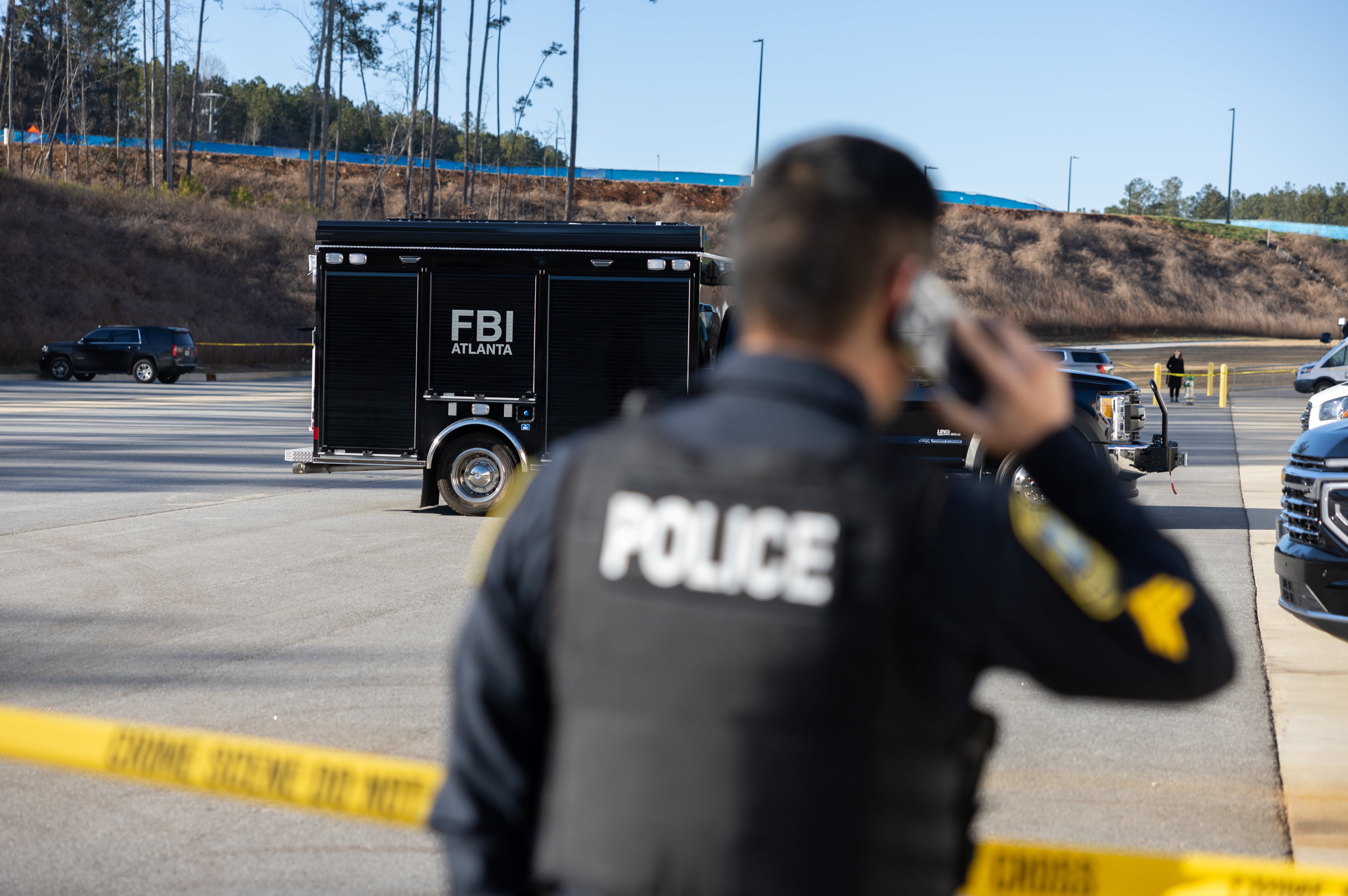Huge supervolcanoes may have shaken early Mars
We already know Mars has some big volcanoes. Olympus Mons, the tallest mountain in the solar system at three times the height of Mount Everest, is actually volcanic. (Via European Space Agency)
But it’s nothing compared to the supervolcanoes that might have helped shape the planet’s surface.
In a new article for Nature, scientists claim to have found several possible supervolcanoes in the planet's northern hemisphere, basing their findings on several huge craters that don't appear to be asteroid strikes.
See, when a normal volcano erupts, it tends to leave behind a tall mountain-like structure. But with supervolcanoes, so much pressure is released that the ground actually collapses. (Via History Channel)
Just to give you some perspective, Earth has its own supervolcanoes, including one under Yellowstone National Park. YouTube's popular SciShow has some terrifying numbers for you.
“Its eruptions can eject nearly 250 cubic miles of ash, dust and gas. For comparison, that’s about 1,000 times the volume of Mount Saint Helen’s eruption in 1980.”
But while the thought of massive Martian eruptions is pretty cool — I mean, look at this animation — at least one volcano expert thinks we should cool our jets. (Via Nature)
He tells National Geographic: "Every decade or two someone proposes yet another otherwise previously unrecognized volcano on Mars." He adds that while the new study looks pretty solid, it, "rests on interpretation of the Martian surface, which has a long history of misleading observers."
But if early Mars history really did include supervolcanoes, the massive explosions might have actually caused Mars to become habitable.
One of the researchers tells the BBC: "These volcanoes spew loads of gas and dust into the atmosphere. For one thing, that gas becomes the atmosphere."
So if there ever was life on the red planet, it might have owed its existence to some of the most destructive forces in nature.

